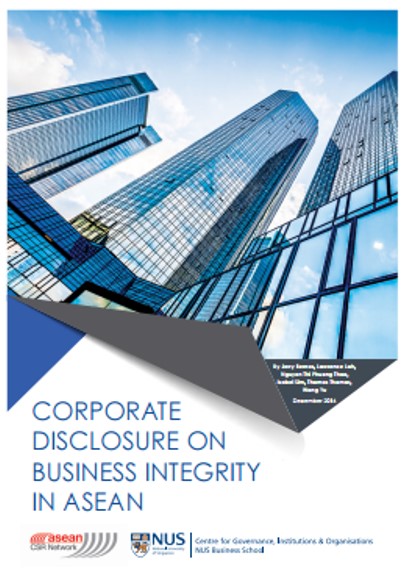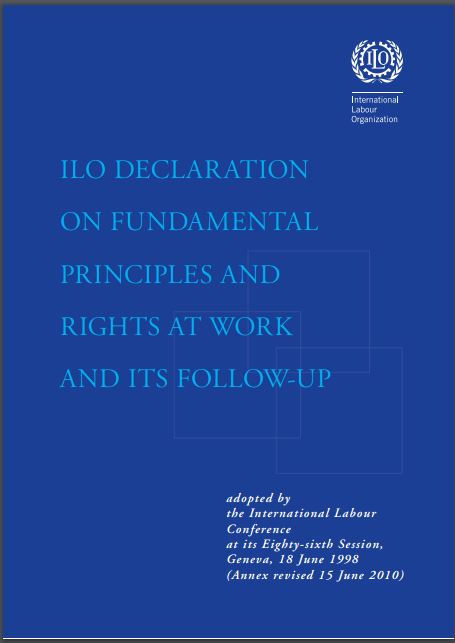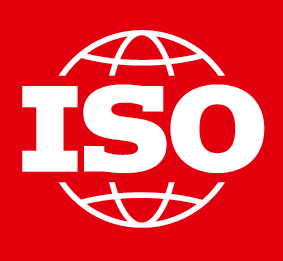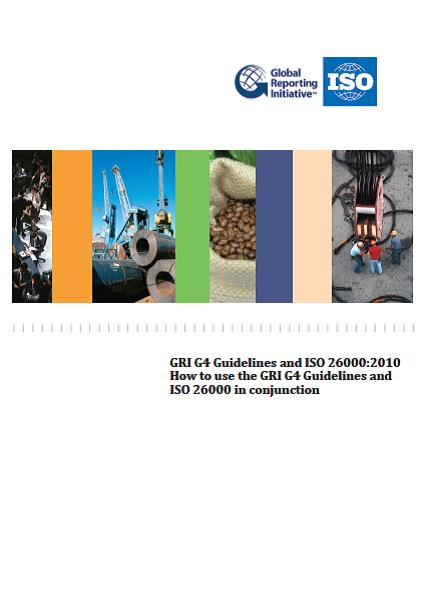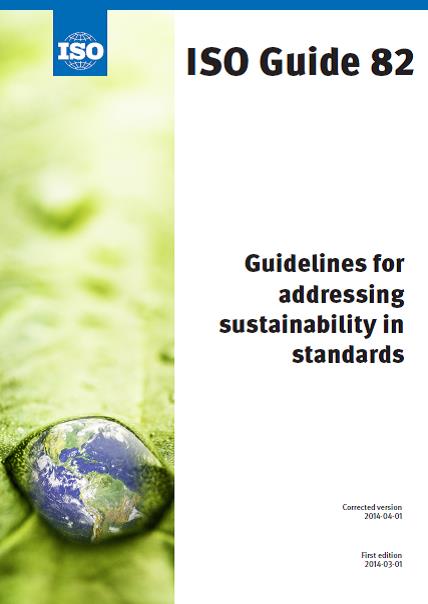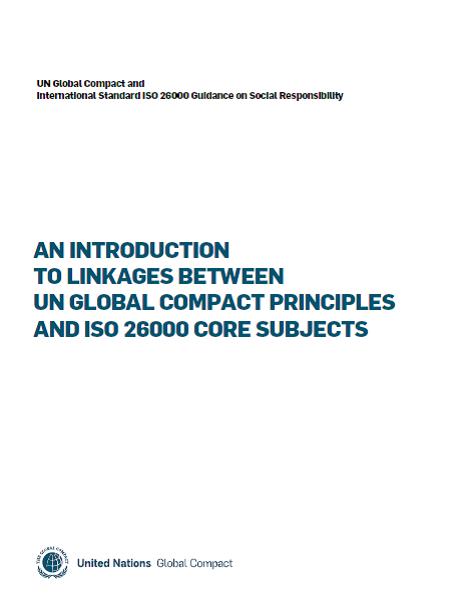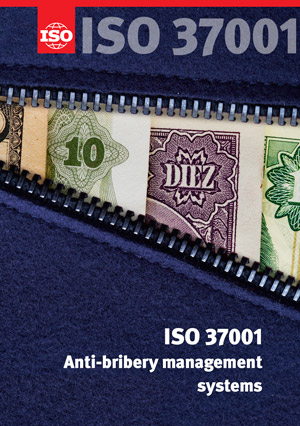Only half of top ASEAN listed companies publicaly disclose their commitment to anti-corruption
A joint research by ASEAN CSR Network (ACN) and National University of Singapore (NUS) Business School’s Centre for Governance, Institutions and Organisations (CGIO) revealed that on average, only 54 per cent of the top listed companies in five ASEAN countries have a publicly disclosed commitment to anti-corruption.
Some key findings:
- Companies scored an average of 45 per cent in their overall level of disclosure across the five ASEAN countries;
- 96 per cent of companies expressed a commitment to comply with relevant laws and regulations in their country;
- Only 14 per cent of the companies disclosed that their anti-corruption policy explicitly applies to third parties acting on behalf of the company;
- On average, 59 per cent of the companies had a policy covering gifts, hospitality and expenses
- Only 19 per cent of the companies disclosed that they explicitly prohibit facilitation payments;
- Only 31 per cent of companies disclosed policy covering political contributions.
Please click on the following image to access the full report.
